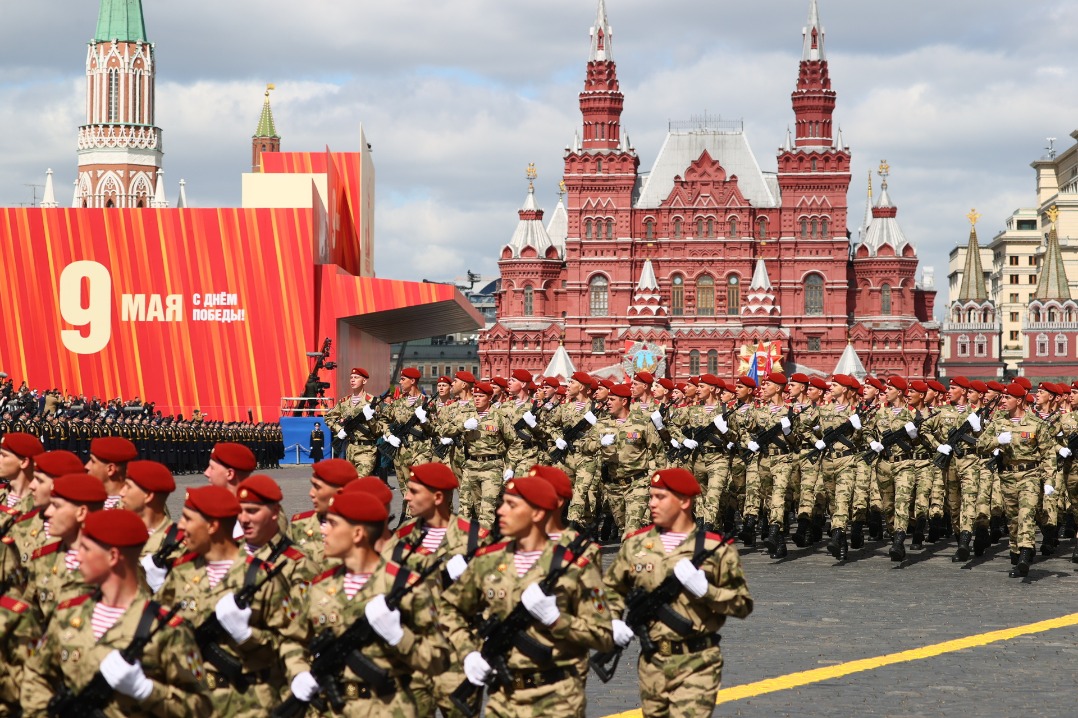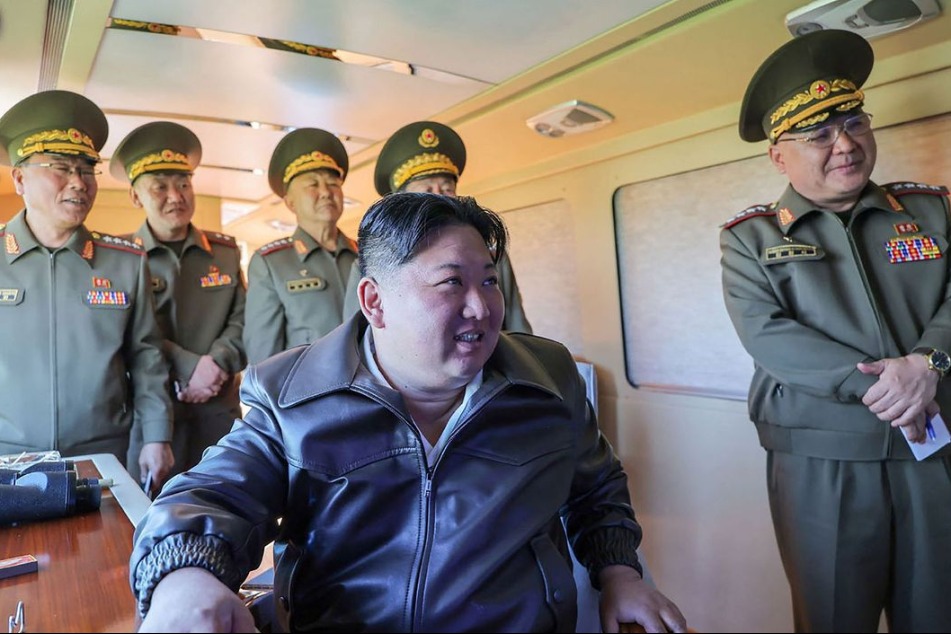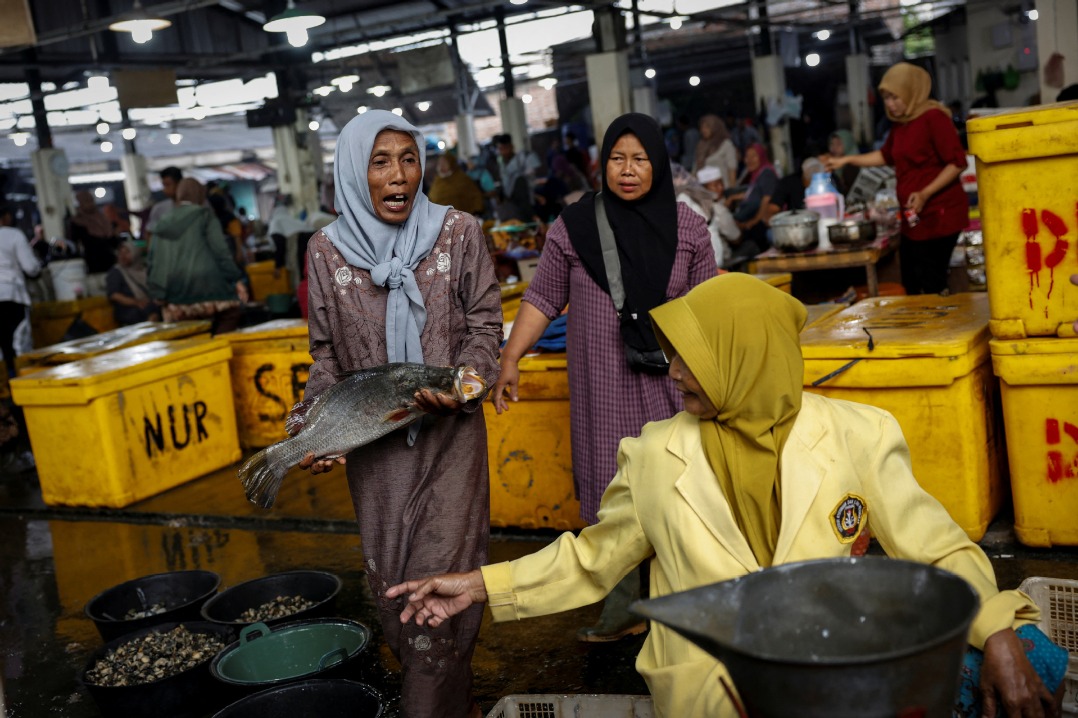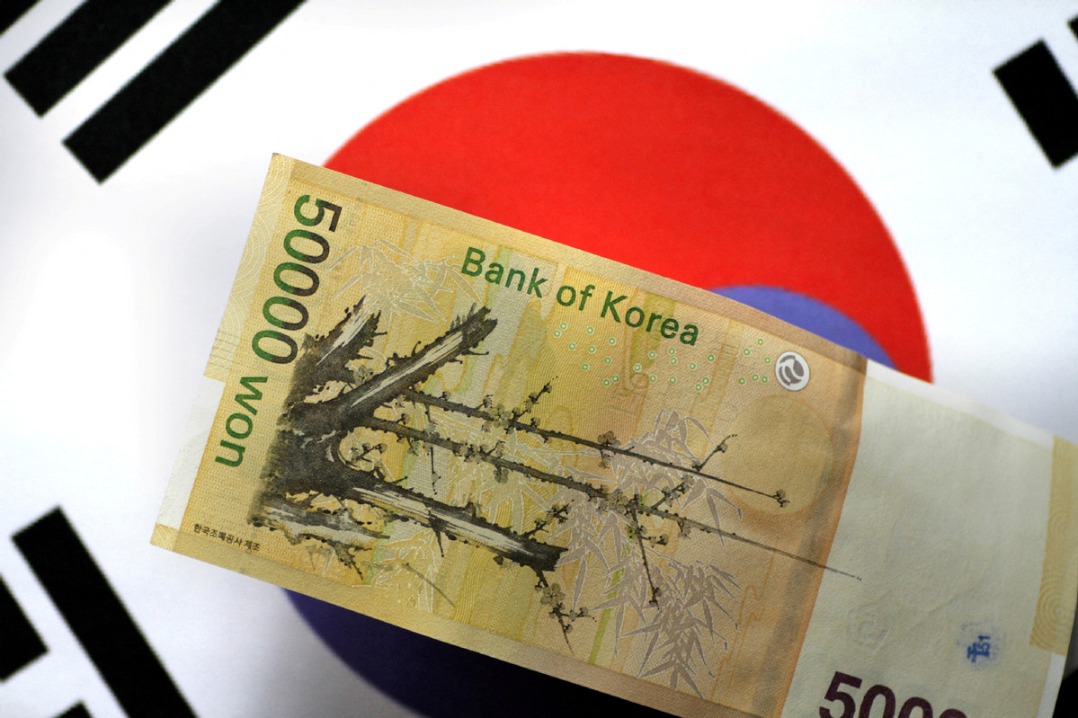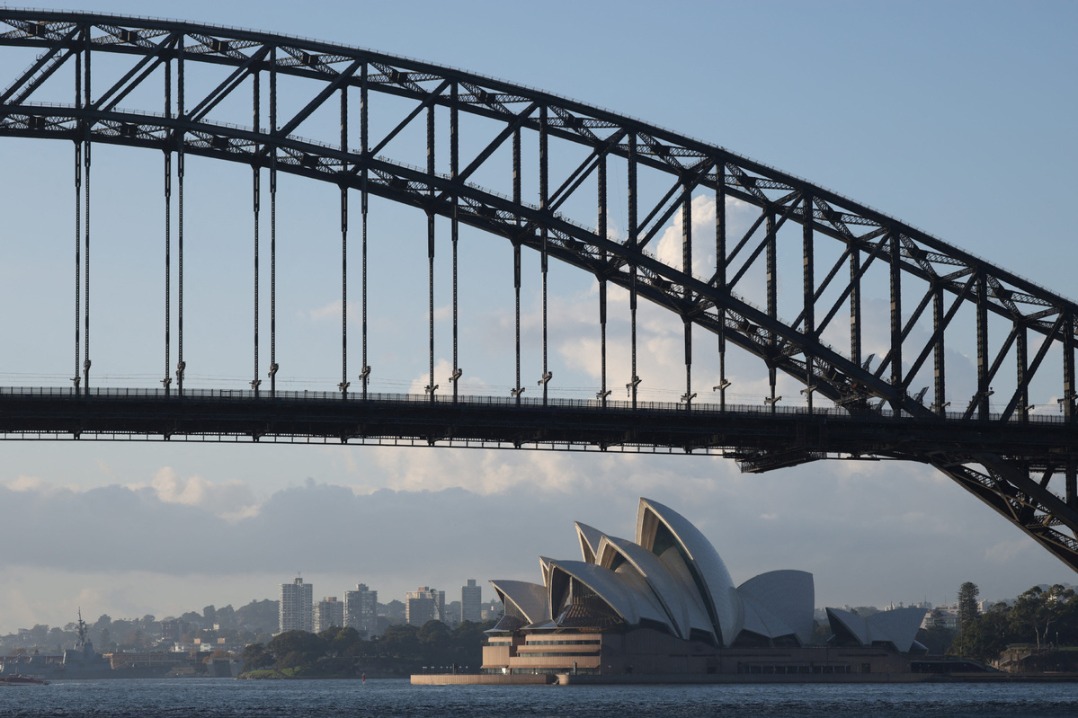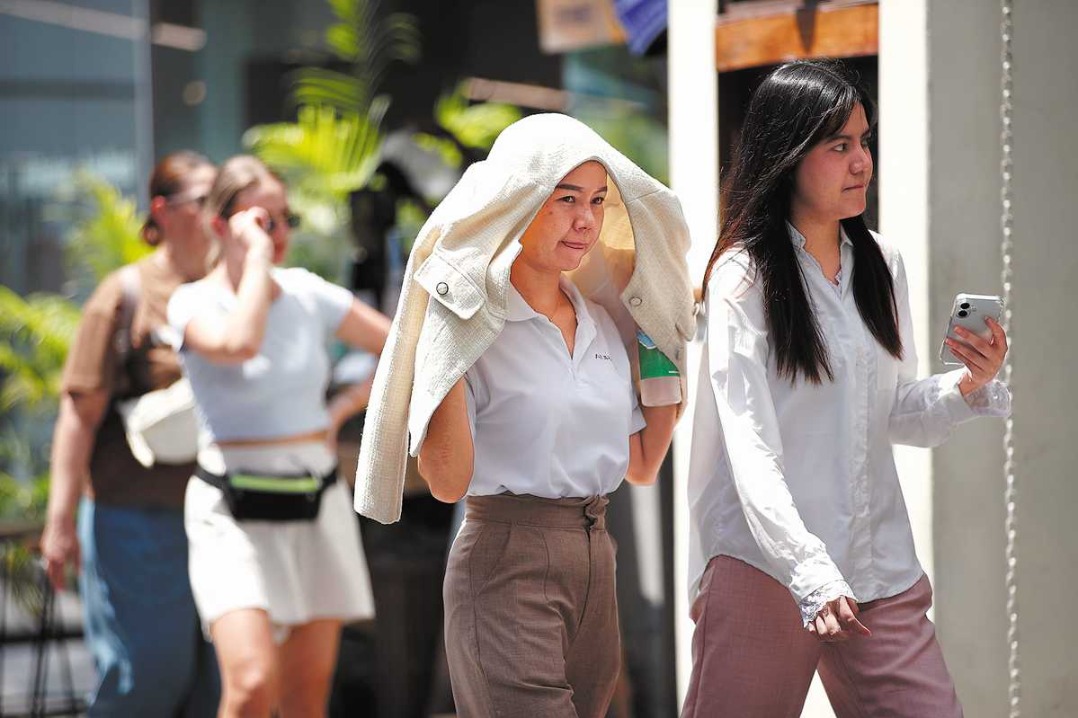Cease-fire the priority as Colombia peace talks resume


The Colombian government has entered a third round of peace talks with the National Liberal Army, or ELN, in Havana, Cuba, as it looks to end the violence that has raged in the country since 1964.
The latest round of negotiations began on May 2 and will run through May 29.
"The priority … will be to advance in humanitarian actions and dynamics and in the structuring of a bilateral cease-fire that will mitigate the impacts of armed confrontation in territories that today suffer the ravages of war," the government's peace delegation said in a statement.
However, given the complexity of the conflict and its multiple actors, negotiators face a challenge to secure a cease-fire, analysts say.
"For a cease-fire to be effective, the ELN will need to be able to guarantee the unity of command over all fronts, which, given its structure and composition, would be a horizontal process that takes a long time. If an agreement is reached and the agreement is violated, it could put the whole process at risk," said Gabriel Cifuentes, a Colombian lawyer and political analyst.
While discussions take place in Cuba, on the ground in Colombia, the ELN and state security forces are mostly avoiding conflict.
D'Mar Cordoba, a lawyer and political analyst in Bogota, the capital, said an order given by Colombian President Gustavo Petro to troops to halt offensives against the group means "the cease-fire is practically a reality".
He underscored that what the South American country is witnessing is the establishment of a dual power, allowing the guerrillas to control territories with the permission of the state and in the framework of the so-called total peace plan drawn up by Petro, a former M-19 guerrilla fighter, and his government.
"This new round of talks surely points to a new failure, as the previous two rounds were, in spite of the fact that the president has tried to sell (the idea) as the great solution to reach an agreement," Angela Velez, European spokeswoman for the National Salvation Movement, a Colombian rightwing political party, said from Madrid, Spain.
Guerrillas of the Revolutionary Armed Forces of Colombia, known as FARC, signed a peace deal with the Colombian government in 2016 and obtained seats in Congress.
Some 7,000 members of the group were demobilized, and its highest leaders are being tried in a special peace court, which has so far not ruled a single conviction.
Cifuentes said a cease-fire has "great difficulties, not only for its implementation but also for the development of an agenda within the framework of a country in which not only the ELN is an armed actor".
"There are more than 50 organizations and different negotiations underway," he added, "so it's a very complex scenario full of variables that will surely have to be considered."
The writer is a freelance journalist for China Daily.
















